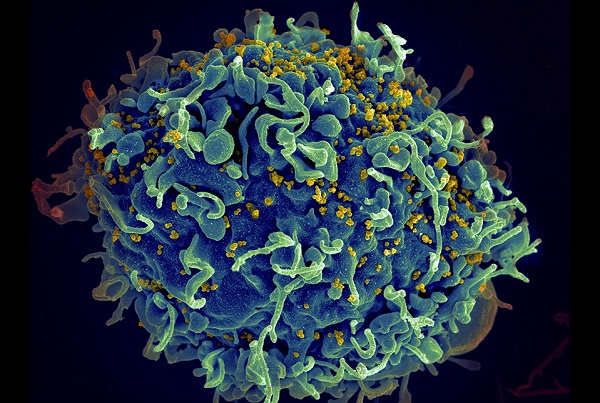New Lab Test Detects Persistent HIV Strains in Africa
Posted on 03 Jul 2024
Most research on the human immunodeficiency virus (HIV) has concentrated on the virus variants prevalent in Western nations, primarily impacting men who have sex with men, with a focus on subtype B. However, less attention has been given to the variants in Africa, where the virus significantly affects women. To develop a universally effective cure, it's crucial to investigate viral variants not only in developed regions but across different global demographics. Researchers have now developed a test to measure HIV persistence in individuals predominantly affected by African viral strains—a critical step towards finding a cure that can aid patients globally. This research, published in Nature Communications on July 2, addresses a significant shortfall in HIV research.
The findings of the study by a multinational team led by investigators at Weill Cornell Medicine (New York, NY, USA)—similar to findings in the developed world—revealed that African HIV strains form viral reservoirs in the human body. Despite antiretroviral therapy reducing the virus in the bloodstream to nearly undetectable levels, these dormant reservoirs remain intact. They mostly consist of defective proviral DNA genomes incapable of producing new viruses. However, a small number of these proviruses are genetically intact and can produce active viruses if antiretroviral therapy is halted. This high proportion of defective genomes complicates efforts to precisely identify the intact proviruses.

For their study, the team examined DNA from immune cells known as CD4+ T cells, which serve as hiding spots for viral DNA, from 16 women and 7 men undergoing antiretroviral treatment in Uganda. Genetic analysis identified two primary HIV-1 subtypes, A1 and D, the latter known for its aggressive nature, alongside hybrid variants of A1 and D. They adapted existing lab tests, initially designed to detect HIV subtype B, to also identify proviruses of subtypes A1 and D. This innovative test will assist researchers in focusing on the intact proviral genomes that are crucial for curing HIV in patients infected with these less examined strains.
The team, comprising international, multi-institutional researchers, is utilizing this new test to study long-term viral persistence in Uganda. Their findings indicate that the composition of the HIV proviral genomic landscape is broadly comparable between subtypes A1, D, and B. This suggests that finding effective targets within HIV reservoirs in Africa presents similar challenges to those found in North America and Europe. Future research will need to consider how factors specific to non-B subtypes might influence the persistence, reactivation, or clearance of the virus in these reservoirs.
“We are looking for a needle in a haystack: To achieve an HIV cure, we need to first find out whether any genome-intact proviruses remain in the body during antiretroviral treatment. Our new assay allows us to do this. Then we need to target and eliminate the intact DNA capable of producing new viruses,” said lead author Dr. Guinevere Lee, assistant professor of virology in medicine in the Division of Infectious Diseases and assistant professor of microbiology and immunology at Weill Cornell Medicine.
Related Links:
Weill Cornell Medicine













